How to Coach When You Need Support Too
Oct 06, 2025
The Challenge of Coaching When You’re Human Too
One of the quiet realities of coaching is that we’re asked to hold space for others even when our own lives feel unsteady. For many coaches, facilitators, and wellbeing professionals, the question can shift from “How do I help my clients?” to “How do I keep showing up when I also need support?”
In emotional intelligence coaching, this question sits at the heart of our work. The more self-aware we become, the more we recognise that our internal state - our nervous system, our emotions, our energy - directly shapes the quality of support we offer.
Why Self-Regulation Is the Foundation of Good Coaching
When you guide a session, your nervous system becomes part of the coaching environment. Clients unconsciously regulate to you - your steadiness invites theirs; your safety allows them to explore and expand.
This is why self-regulation for coaches isn’t just about wellbeing, it’s about professional integrity. A regulated nervous system communicates safety. Safety builds trust. And trust is the gateway to transformation.
Before any model or method, your presence is the most powerful tool you have.
When Self-Regulation Feels Difficult
Even emotionally intelligent coaches hit moments where their own regulation wobbles - particularly when personal relationships, health, or life stressors take up emotional bandwidth.
You might notice an urgency to “fix” things, to regain control, or to tidy away discomfort so you can appear grounded. That instinct is human. It’s your nervous system seeking safety.
The key isn’t to suppress it, but to notice it. Awareness turns reaction into reflection. When you can observe your state and gently name it - “I feel unsettled” - you create space for choice. That space is where professional presence lives.
Emotional Intelligence in Practice
At its core, emotional intelligence coaching isn’t about staying endlessly calm - it’s about understanding what your emotions are communicating.
Emotions are data. They reveal what matters, where your boundaries sit, and what needs attention. When you stay curious instead of judgmental, you model this mindset for your clients.
This is how to manage emotions as a coach: not by numbing them, but by staying present to them. This self-awareness strengthens your empathy, deepens connection, and keeps your coaching authentic.
How to Support Yourself So You Can Support Others
Showing up well for others begins with showing up for yourself. Here are some small but powerful practices to sustain your emotional and nervous system health:
-
Ground yourself before and after sessions. Even a few minutes of deep breathing or stillness can reset your nervous system.
-
Use reflective conversation. Talk with a trusted mentor, peer, or coach about your own state - not just client progress.
-
Let your emotions move. Whether through movement, journalling, or creative outlets, emotion needs expression to transform.
-
Hold yourself with compassion. You don’t have to be perfectly balanced to coach effectively - you need to be honest, self-aware, and human.
- Remember you are not in the expert role. It isn't your responsibility to find your clients 'keys' to success.
The Gift in the Challenge
The paradox of being a coach is that the very challenges that test us also refine us. They strengthen our presence, expand our empathy, and anchor our understanding of what it means to be human.
Every time you meet your own emotional landscape with awareness, you deepen your capacity to guide others through theirs.
So when you find yourself helping others while needing help yourself, remember: you’re not failing - you’re living the work. And that’s what makes you a great coach.

Ready to Tune Your EQ?
Let's find out how you can tap into these subconscious, primal drivers to make the shifts you need as a unique individual to get you from where you are now to where you want to be.
Or, join our mailing list!
And receive Unaggi Insights straight to your mailbox
We know what makes us feel good- and that is not SPAM. We will never sell your information, for any reason because we're here to make you feel good, too.


